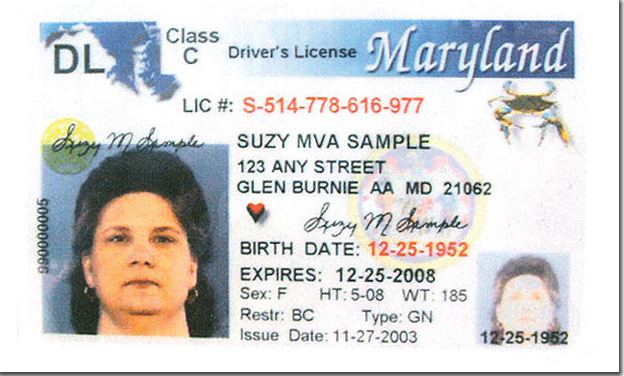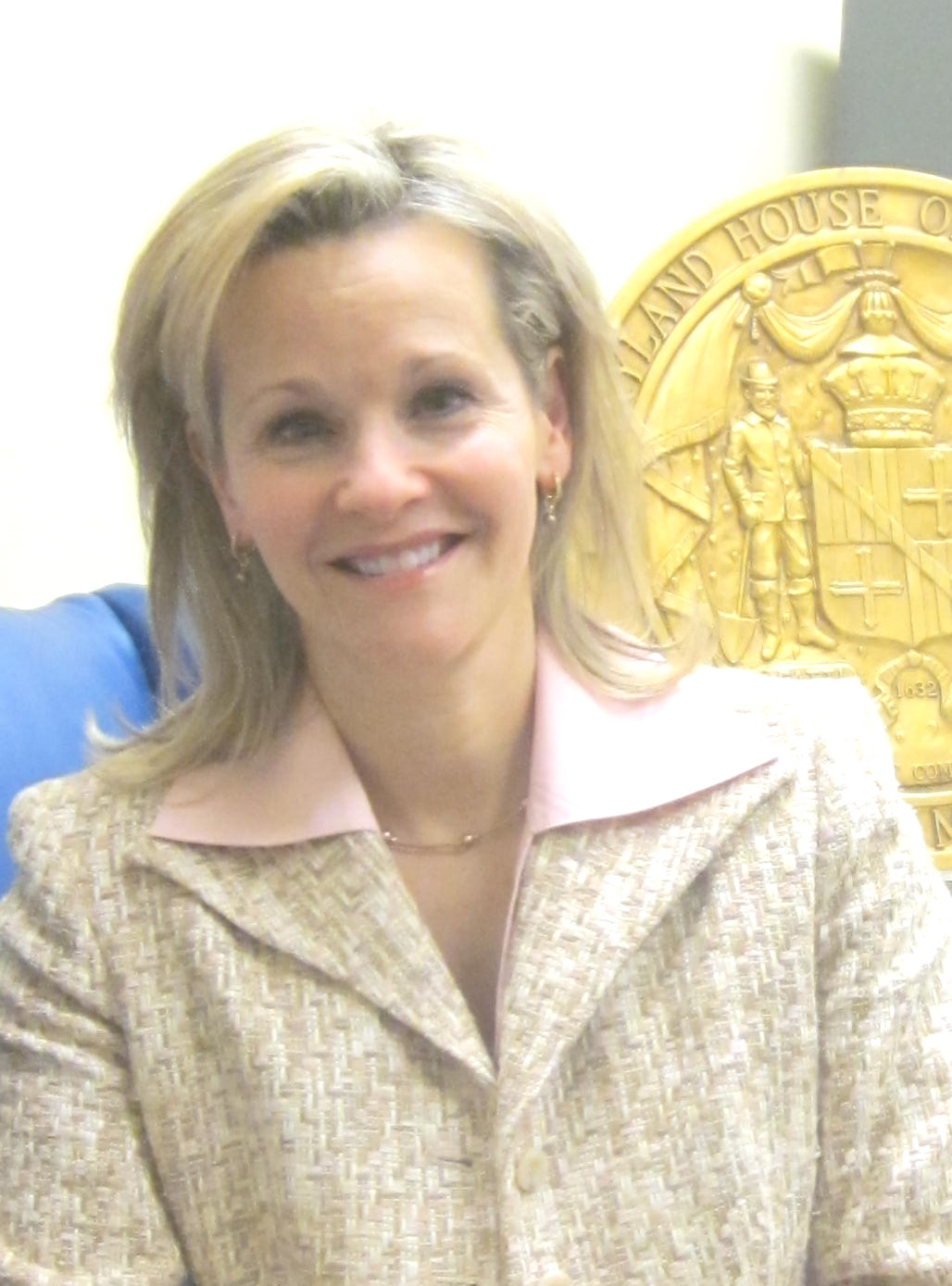Proposed voter ID law again draws hot debate in Annapolis
By Becca Heller
[email protected]
Republican legislators are back again, pushing controversial voter identification laws after failed attempts in prior years.
Sponsored by Republican Dels. Nic Kipke, Kathy Afzali and 32 other Republicans, but no Democrats, the contentious bill sparked heated debate last week in the House Ways & Means Committee.
“HB 137 is a very familiar subject to many of us in this room,” Kipke told the committee. “I think most of us have differing views, but I believe requiring proof of identity on election day is a good thing for our election integrity.”
Kipke, Afzali and others supporting voter ID laws view the initiative as a solution to what they see as the widespread problem of voter fraud, which Democrats insist is rare.
Proving Voter Fraud
The first and only witness brought in to testify in support of voter ID, Cathy Kelleher of Election Integrity Maryland, stood before the committee to share her organization’s discoveries of the threat of voting fraud.
“Of 36,000 voter registrations researched, 11,000 challenges identifying irregularities in the registrations were documented at both state and local levels of the Board of Elections,” Kelleher said. “All our research points to one thing. Efforts to protect the integrity of the vote in Maryland are failing.”
Some committee members were skeptical of her data. Del. Kumar Barve, the House majority leader, pushed her to define the term “irregularity,” which seemed to include registrations with minor misspellings in a person’s address or name.
“You threw out the number of 11,000 and I’m willing to bet you we could account for every one of those things with a logical explanation and in none of those instances is there an instance, I’ll bet, where there is actual voter fraud,” said Barve, D-Montgomery.
Practically speaking
Voting fraud aside, Kipke and Afzali feel that voter ID would simplify and expedite the voting process. They mentioned using the barcode on a person’s license to check them in at the polls — a process that would transcend language barriers, cut down on paper usage, and decrease lines at the polls.
But others argue that requiring identification to vote is unfair to those who do not have, and may be unable to obtain an ID. These people would primarily fall into already marginalized minority groups such as the young and inexperienced, the very old, and the poor.
“I think that the large majority of people in this country have voter ID,” said Kelleher. “Just to get on an airplane you need photo ID. To get a train ticket you need ID. It’s just beyond my ability to comprehend where this big problem with getting ID is.”
The problems with getting ID
 Advocates from Maryland Alliance for the Poor and Health Care for the Homeless took the witness stand.To shed light on the difficulties people face when trying to acquire an ID,
Advocates from Maryland Alliance for the Poor and Health Care for the Homeless took the witness stand.To shed light on the difficulties people face when trying to acquire an ID,
“In order to get a state ID … you need to have a birth certificate and a Social Security card,” explained Adam Schneider, from Health Care for the Homeless. “The challenge is that in order to get a birth certificate you need to have an ID. And in order to get a Social Security card, you have to have a medical record. Getting a medical record often requires you to have insurance, and in order to get insurance you need to have an ID.”
Schneider explained that this process was even more difficult for people who lacked a means of transportation or money, and for those who did not have a home or a place to keep any of their documents.
Tony’s story
Schneider told of a time where he accompanied a homeless client named Tony to the Motor Vehicle Administration to help him get his license.
When Schneider mentioned that Tony voted, Afzali questioned his access to get the information he’d need to cast an informed vote.
“Even though he doesn’t have an address, even though he lost his identification, he was still able to get newspapers, he would still have conversations and gather information just the way we all do,” Schneider responded. “Just because he didn’t have a home and lived in a tent didn’t mean that he wasn’t interested in the process or wasn’t educated about what was going on.”
“I find that questionable,” Afzali replied. “I’m not quite sure how Tony would get the information a voter would need in order to cast an educated vote if he’s moving from place to place…at any rate so you’re saying that Tony votes. Where …”
“Tony died,” Adam interrupted. “But he did vote, yes, and there are many people who receive services at Health Care for the Homeless who do vote.”
The educated vote
Another witness testifying in the panel, was a homeless man who had been adopted and faced challenges getting an ID due to the fact that he did not have a birth certificate. He had spent much of his life in foster homes and eventually ended up in California working with kids on the streets to decrease gang violence.
“I was appalled to hear someone suggest that because we don’t have IDs that we’re not intelligent enough or that we’re too ignorant to vote on issues and politicians that we know a lot about,” said the witness. “A lot of people on the streets know a lot more about politicians than the people who don’t because they deal with policies that affect us daily.”
Also testifying before the committee were two U.S. veterans who had experienced homelessness and the challenges of acquiring identification. The men had created a coalition with the aim of helping other homeless veterans like themselves get the services they need and get registered to vote.
The homeless people he works with “do want to vote,” said Sean-Christopher Riley. “They want to participate in the elections because in order to get our voices heard we need to have representatives to represent ourselves and our needs.”

MarylandReporter.com is a daily news website produced by journalists committed to making state government as open, transparent, accountable and responsive as possible – in deed, not just in promise. We believe the people who pay for this government are entitled to have their money spent in an efficient and effective way, and that they are entitled to keep as much of their hard-earned dollars as they possibly can.



